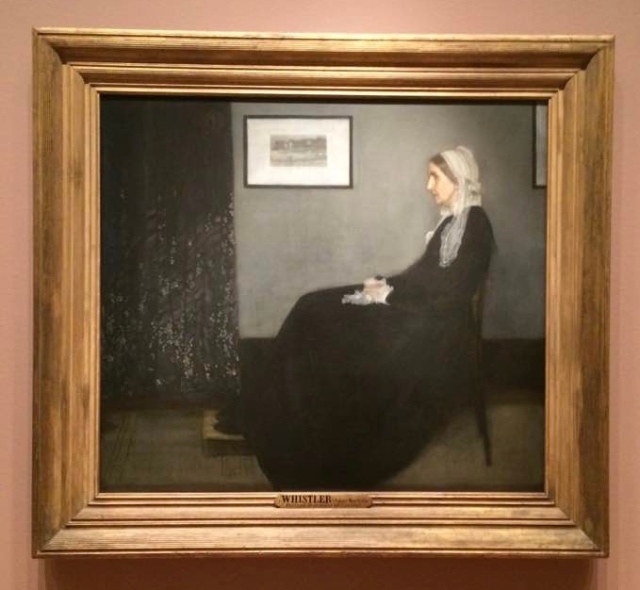By Tom Siebert
Staff Writer
South Florida Sun-Sentinel
May 7, 1989
FIRST FATHER, FIRST DAUGHTER. By Maureen Reagan. Little, Brown and Co. 415 pages. $19.95.
As president,
Ronald Reagan was able to skillfully stage-manage an early exit from
each of his administration`s major disaster scenes: the recession of
1982-83, the 1983 bombing of the U.S. Marines barracks in Beirut, and
the still-unraveling Iran-Contra caper of 1986.
But the most popular
president of modern times has been decidedly less adroit at walking
away unscathed from the inadvertent attacks leveled at him by his own
offspring. First, there was Patti Davis` roman a clef about a
reactionary governor (guess who?) and his rebellious anti-war daughter.
Then, adopted son Michael Reagan wrote painfully about his troubled
childhood.
Now comes "First Father, First Daughter," Maureen
Reagan`s deeply affectionate memoir that unwittingly chips away a bit
more of her father`s fabled Teflon.
Born in 1941 to Warner Bros.
featured players Jane Wyman and Ronald Reagan, Maureen spent her early
years in storybook Hollywood fashion, with movie stars in the living
room and dinner every night at the famed Brown Derby. But when her
parents divorced at the time she was 7, Maureen journeyed off on a
lonely odyssey that would come to a happy ending only after her father
was elected president and she would take up temporary quarters in the
Lincoln Bedroom of the White House.
Along the way, we learn that
many years before he became a disengaged president, Ronald Reagan was a
disengaged father -- like when 19-year-old Maureen discovers that Patti,
then 8, does not yet know that they are sisters.
"Well, we just
haven`t gotten that far yet," Dad explains, in the same aw- shucks
fashion that he would later use to convince an entire nation that a
$200-billion budget deficit was small potatoes.
The sticky issue
of whose kids were whose would come up again during her father`s 1966
gubernatorial campaign. Maureen, about to introduce the candidate at a
political fund-raiser, notices that the biography she is preparing to
read pointedly avoids her father`s remarriage, stating, "Ronald Reagan
and his wife, Nancy, have two children, Patti and Ronnie."


But Maureen is completely forgiving, fiercely loyal and a staunch defender of her father`s policies and actions. Most of the time, she simply blames her dad`s aides for his shortcomings.
She
cattily tells of her long-running feud with one of them, Michael
Deaver, whom she accuses of denying her access to the Oval Office. And
much of the blame for Iran-Contra is placed squarely on ex-chief of
staff Donald Regan, in Maureen`s eyes ``the prime minister`` who practically
attempted a bloodless coup of the Reagan White House before his messy
resignation in 1987.
The president`s political enemies became
Maureen`s bitter foes. She labels Democrats Joseph Biden, Ted Kennedy
and Patrick Leahy as ``three of the least reputable`` members of the
Senate who had no business questioning the judicial credentials of former Supreme Court nominee Robert Bork.
But
when Maureen sets partisan politics aside, she can be an instructive
critic of the American scene, as when she asks why the networks kept
replaying ``that awful scene`` of her father and three others being shot
by John W. Hinckley Jr. in March 1981.
And by far the most moving
chapter of the book is the one in which Maureen courageously recounts
for the first time her tragic first marriage to a Washington police
officer, who repeatedly abused and battered her during their year
together.
During his eight years in office, the president was fond
of calling his eldest daughter ``the best politician in the family.``
That fact, coupled with Maureen`s insider role at many of the important
political events of the 1980s, makes "First Father, First Daughter" an
important piece in the newly forming mosaic upon which the history of
the Reagan years will be cast and recast.
